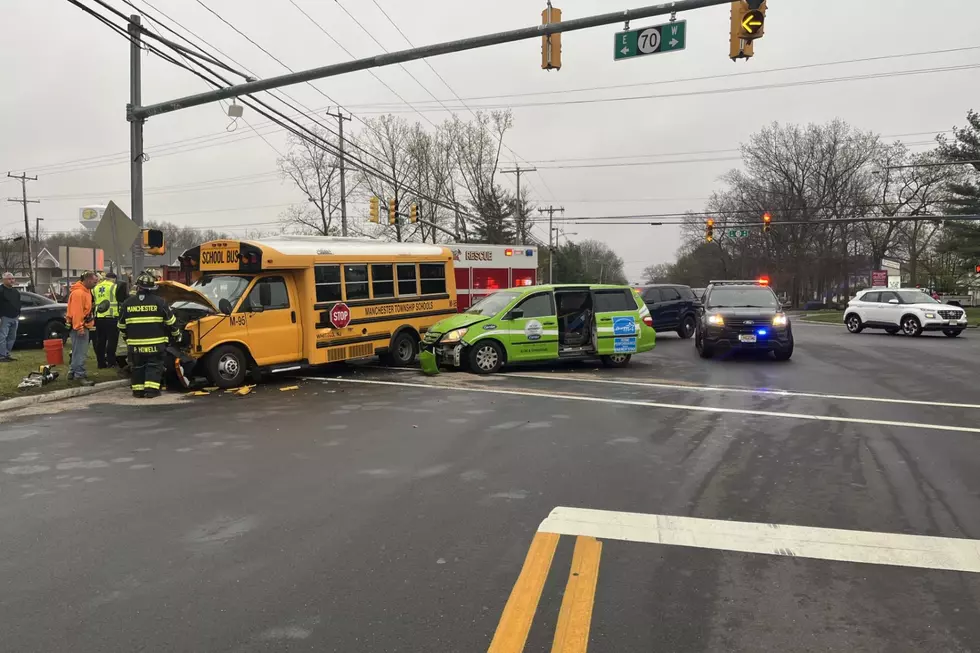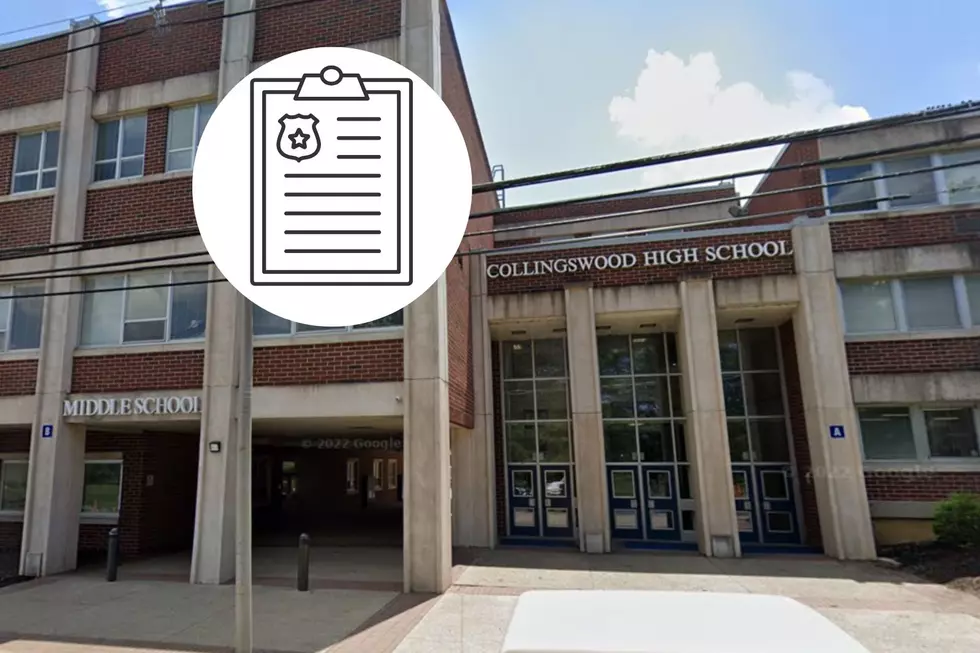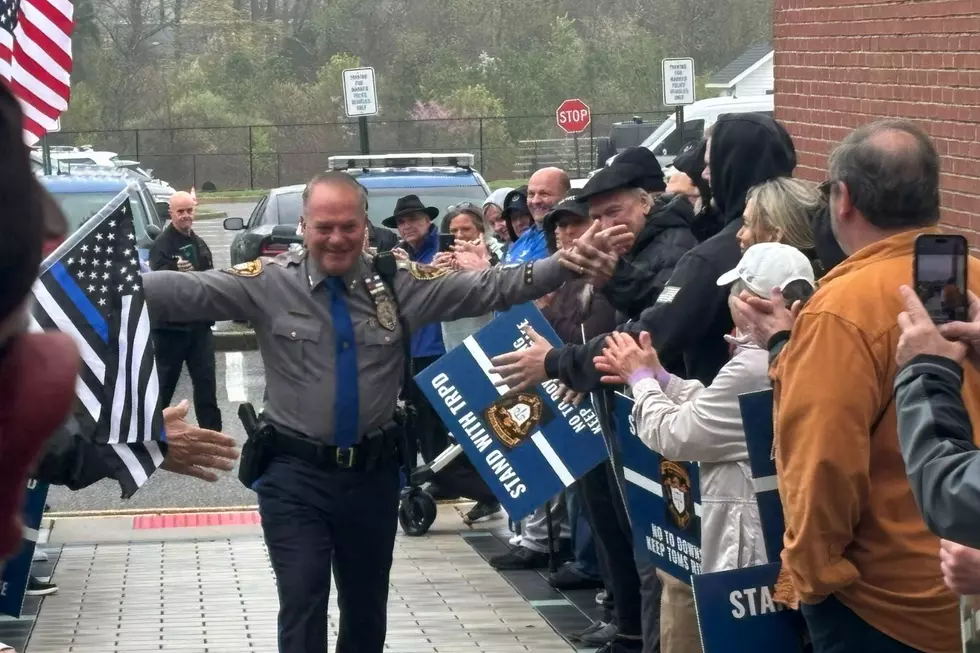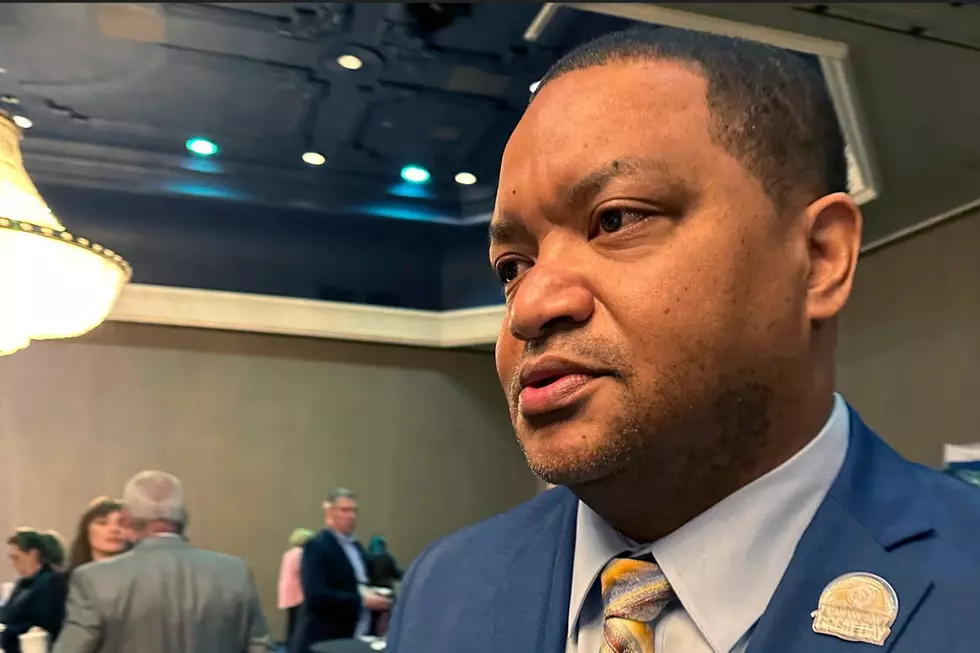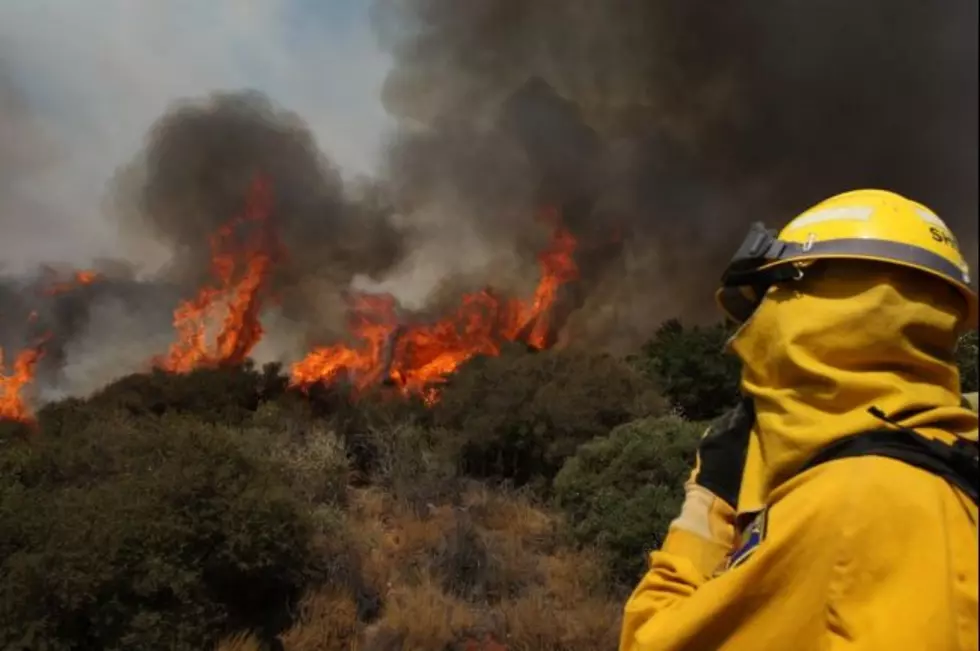
The wildfire risk is growing in New Jersey
Last year wildfires in several western states charred millions of acres of forest, destroyed hundreds of structures, forced thousands of evacuations and caused billions of dollars of economic loss.
That kind of devastation is considered highly unlikely in New Jersey but state environmental leaders are warning we do face an increased risk from wildfires that have the potential to threaten populated areas and cause millions of dollars in damages.
State Department of Environmental Protection Commissioner Shawn LaTourette said it is well known that New Jersey is the most densely populated state in the nation but “I think we can easily look past the fact that 40% of the state is forested."
Populated areas at risk
LaTourette said many parts of Jersey are urbanized but about 50% of our homes “are built within the wild land- urban interface, where residents and forest meet, making wildfires a real threat.”
He said this issue came into sharp focus when a fast-spreading blaze, one of 946 wildfires in New Jersey last year, threatened Lakewood.
The upcoming wildfire season is about a month away following a dry period of a few months.
"It concerns me from a water security perspective but it concerns me from a wildfire risk perspective," LaTourette said.
He said the increasing wildfire risk is related to rising temperatures and “the periods between rain events being longer, causing more frequent drought conditions, possibly lower water supply availability.”
A significant threat
State Firewarden Greg McLaughlin said the peak forest fire season typically starts in April and lasts until mid-May. We can also have significant fires in the summer during a drought.
He said the New Jersey Forest Fire Service has a goal of clearing 20,000-25,000 acres of under-brush using prescribed burns, which will limit the size and spread of a potential wildfire, but so far they’ve only been able to burn about 2,000 acres.
McLaughlin said the problem has been challenging weather conditions, including wet conditions and warmer than normal temperatures, and prescribed burning can only be done for about another month or so.
Forest Firewarden Rob Gill said when there is a fire, whether it’s a wildfire or a prescribed burn, Jersey residents should not be operating drones in the area.
“If we have our aircraft flying it could be a problem if you put your drone up,” he said.
LaTourette said the wildfire threat is extremely challenging.
“I think climate change equals weather weird and a lot is unpredictable," he saod.
For that reason, he stressed the more the DEP can educate the public as to what should be avoided, the better.
For information about prescribed burning and other forest fire questions you can visit njwildfire.org, or call 1– 877-WARN-DEP
David Matthau is a reporter for New Jersey 101.5. You can reach him at david.matthau@townsquaremedia.com
Click here to contact an editor about feedback or a correction for this story.
Gravy or sauce? These restaurants make the best red in Central Jersey
Update: NJ arrests in Jan. 6 U.S. Capitol riot
The 10 Most Stolen Vehicles In New Jersey
More From New Jersey 101.5 FM
